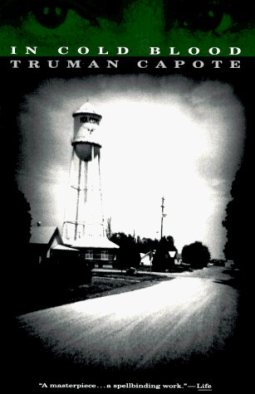I’m a writer. If my past posts haven’t already drilled the hell out of that point, then it’s time to drive it home yet again. As a writer, that means I write, obviously. Now I try to start doing work with a plot outline and all that, characters sketched out and everything so that there’s nothing to lose track of, so that the story will keep a good, consistent plot line and won’t lose track of itself. I don’t know about other writers, but usually I start out with a plot outline in my head, or at least a theme or other sort of event that can trigger a story. If not that, then usually I start out with an image of a character or multiple characters that will generally turn into an important bit of the story. On occasion I am lucky enough to start out with both of these, and that’s just awesome. Probably because I never seem to have much trouble with those two, I have been cursed with the problem of the third.
I start with a good image of the character and an understanding of the character’s mentality, opinions, past, life, all that good stuff; what do I not start out with? A name. Nothing. This character is completely nameless person, and so are all the other characters, more often than not. I try to do what I can to dig up a name that fits the character in personality and appearance, their perfect name, but usually that doesn’t work out. And when I find a perfect character match, if they end up reminding me too much of another character from other stories, they instantly get scrapped. Sure, it might be unintentionally done that they are so similar, but I can’t accidentally borrow someone else’s character.
Unfortunately, even that isn’t the case for my current main character. He’s a guy who starts out as an underdog in an abusive home where his family treats him like garbage. Insert stereotypical twist that he is not the biological son and a terrible accident that overcomes his village, typical of fantasy, and you have him out on his own, growing to become a hero. A man who is blunt and generous, simple yet true, brave and noble, faithful, pretty much everything that you’d want to be. Sounds like a Mary Sue, but he’s growing into this man and even after his growth he isn’t perfect. His name? No idea. None at all. So in my lack of knowledge, I put it to you: do you have any names that I should use for him? Any name that is conjured up by these descriptions?
For the other ten or so characters that he encounters after leaving home, a group known as the Freedom Fighters, I shall struggle to come up with more fitting names though I have already found apt names for a few and will admit to borrowing something of the character of Locksley from Sir Walter Scott, though he is not such a noble and heroic, virtuous man as portrayed in the past. Fitting to the character, he is a master archer. Am I the only writer who agonizes over names like this? When I read I don’t pay so much attention to them as I do when I write, I’ve noticed, but writing it seems so essential; probably because while writing I can twist and turn the narrative to my fitting to some degree while with reading, it is not yours to interpret usually.



